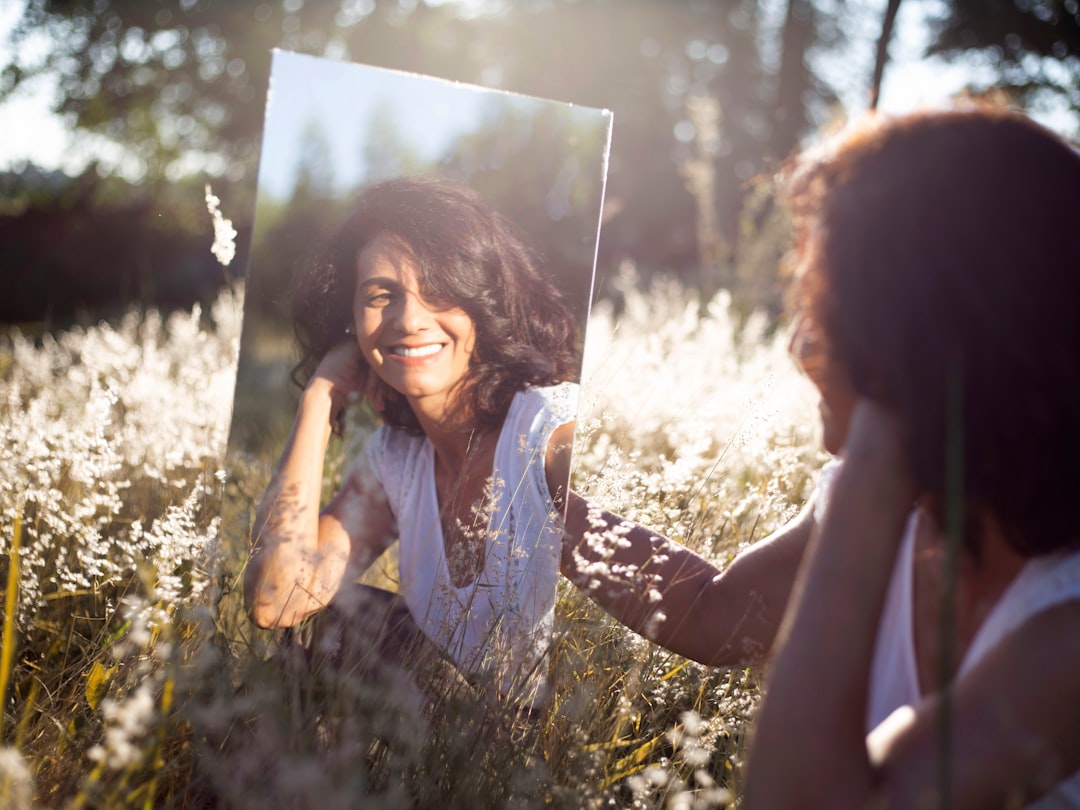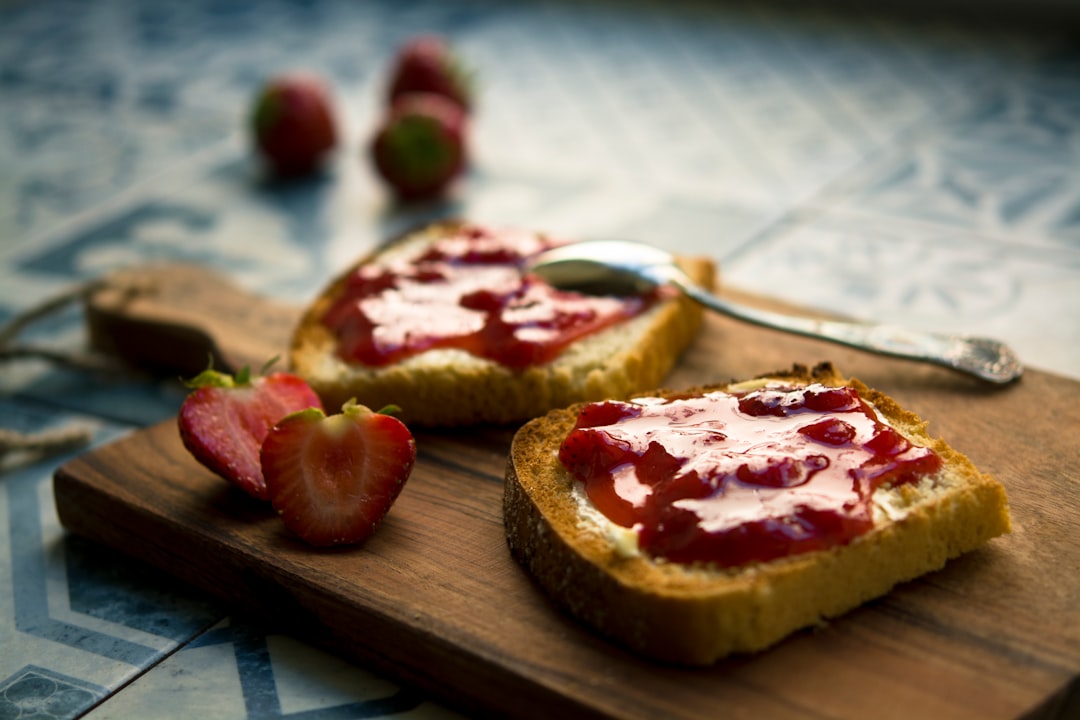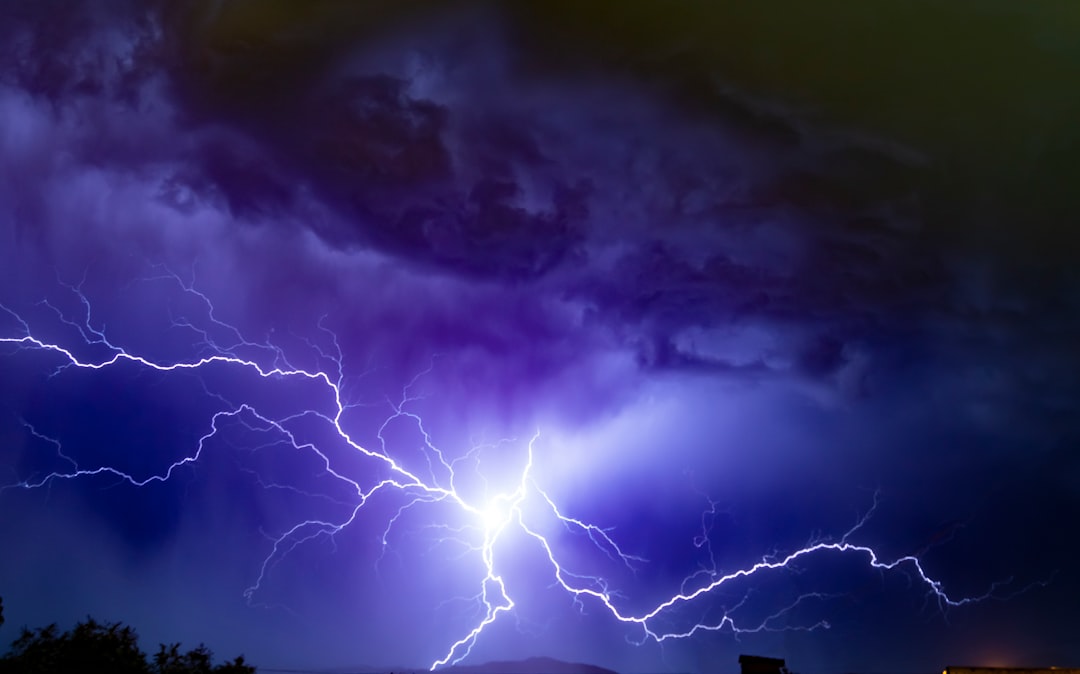One of my Instagram subscribers asked me to talk about the relationship between anxiety and excitement. It’s really an excellent topic! I’m making video content over there to go over it and encourage discussion, but I also wanted to touch on it here on The Anxious Morning.
So are anxiety and excitement related? Are they the same thing? I’m going to point at some research that you might find interesting because it indicates that anxiety - at least anticipatory anxiety - and excitement may very well look so much alike that two people in the same state can choose which of the labels they attach to it. This creates very different results when performance is measured on anxiety-triggering tasks.
A 2014 paper by Alison Wood Brooks in the Journal of Experimental Psychology looked at “reappraisal” strategy when it comes to pre-performance or what we might call anticipatory anxiety. Brooks looks at the fact that anxiety and excitement are arousal congruent, meaning they look and feel quite similar. She also noted that prior work in emotional regulation strategies shows pretty clearly that trying to suppress or hide anxiety tends to be ineffective. Interestingly, she also leans on prior research that covers the concept of misattribution of arousal, where one may have a difficult time knowing the source of a given emotional state when various emotional states take on a similar appearance (as is the case with anxiety and excitement).

Without getting too deep into the mechanics, Brooks found that using some minimal strategies designed to re-appraise anxiety as excitement produced some significant performance improvements when engaging in tasks like singing or speaking in public. Teaching people to re-frame “I am anxious” to “I am excited” meant they generally made fewer errors when singing in public and were judged by audiences to be more effective and engaging public speakers.
How interesting is that? But hang in there because it gets better.
If you’d like more interaction with me and deeper discussion, you might consider taking advantage of the subscriber-only content I produce on Instagram. It’s for a smaller audience, so usually more in-depth and with more interaction.
The paper cites research that shows that reappraisal of negative emotional states tends to be a more effective strategy than suppression of negative emotional states. In some situations, attempts have been made to reappraise anxiety as calmness. That might sound way off the plot, but as it turns out that is more effective than trying to just stop or calm anxiety. Trying to view anxiety as calmness in some way is better, but still not great because anxious and calm are incongruous states. They do not look or feel anything like each other. If you’ve ever heard me say that self talk while in a panic is useless, this is partially why. When you FEEL like you’re about to explode, saying that you’re OK simply does not jive with your experience and therefore has minimal if any effect when it comes to changing that state.
Anxiety and excitement, however, are so similar that when Brooks had the participants in her study re-frame their anxiety as excitement, good things actually happened on a consistent basis!
So, are anxiety and excitement the same thing? We cannot make exaggerated claims based on one published paper but I think we can say that they are close enough that your brain and your body will often not be able to tell them apart. If you’ve ever felt anxious in situations where you’d expect to be excited, you know what I’m talking about here. The idea that you may be able to work on re-appraising anxiety as excitement in some contexts holds some value for us. When you’re freaking out before doing an exposure or having to meet an unplanned anxiety challenge, it may help to consider that the way you are feeling is exactly how you would feel if you were excited about something you love. This won’t calm you down but it can help you see anxiety as less dangerous and therefore allow you to focus more intently on the task at hand rather than on saving yourself.
Is there a limit here? I’m pretty sure there is. There is a vast difference between pre-performance anxiety before singing and or public speaking and the anticipation of attending a wedding where your brain is convinced that passing out, going insane, or having a stroke is a very real possibility. We need to acknowledge this. You may try to re-appraise your anxiety as excitement in some situations and achieve literally nothing. Sometimes it may help a little, sometimes it may not. I think it’s a matter of the degree of perceived threat in any given context. Maybe one day I’ll do some research into this. Until then, can we say that anxiety and excitement are similar and related? We sure can. What that means for us in recovery is open to interpretation and experimentation, but if nothing else it gives us something to chew on.
This thing that we’re sure is so horrible and dangerous is also nearly indistinguishable from what we feel in some of the happiest moments life has to offer. That has to hold at least some value in this thing we do together.
Reference:
Brooks, A. W. (2014). Get excited: Reappraising pre-performance anxiety as excitement. Journal of Experimental Psychology: General, 143(3), 1144–1158.
Have you listened to this week’s episode of The Anxious Truth podcast? Check it out out on Apple Podcasts, Spotify, Google Podcasts, Amazon Music, or my website and YouTube channel.











Share this post